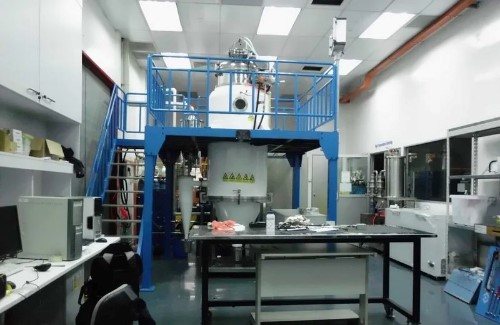Seawater Will Soon be Drinkable Thanks to Graphene
Graphene has received lots of attention in the recent past and with good reason. It has become the wonder material that can be used in different capacities and give great results. Some scientists at Manchester University have now found a new use for graphene, as a filter for sea water.
A filter was made from graphene oxide, which is basically graphene with some molecules that contain oxygen attached to it. Graphene oxide does not allow any gas molecules to pass through in its dry state. It remains vacuum-tight. When water is introduced onto it however its tiny channels open up and water is able to pass through.
Any molecules, ions or particles that can’t fit through those channels remain on the surface of the graphene filter, like a sieve. The nanochannels in the graphene oxide swell up a little and expand enough to let through around three atomic layers of the water and some other ions as well.
The study, whose contributors include Dr. Irina Grigorieva and others, then shifted focus to finding a method to prevent the swelling of the nanochannels so that only water is able to pass through. This would make it perfect for filtering salt water since the salt would remain behind.
Water is a precious commodity whose supply is dwindling by the day. Methods are being sought to purify water so that the supply available is safe to drink. Increasing the amount of clean drinkable water though is on the minds of many.
The final result of this study is to obtain a glass of drinking water after a hand pumping seawater for a few minutes through this filter, explained Dr. Grigorieva. The phenomenon is no longer a matter only seen in science fiction but is slowly becoming a reality. It is only a few steps away from being real.
The success of this project would mean that those that live next to the sea or ocean would not have to worry about water supply since all they would have to do is pass it through the filter and be able to drink it. It would end the contradiction that is a lack of drinking water in a place that has water in plentiful supply.
This is an addition to graphene’s great portfolio that includes great conductivity that has it increasing the speed of electronic devices, its use in fingerprint identification techniques and in the health sector as part of the components of a cardiac pacemaker and eliminates the need for a battery.









